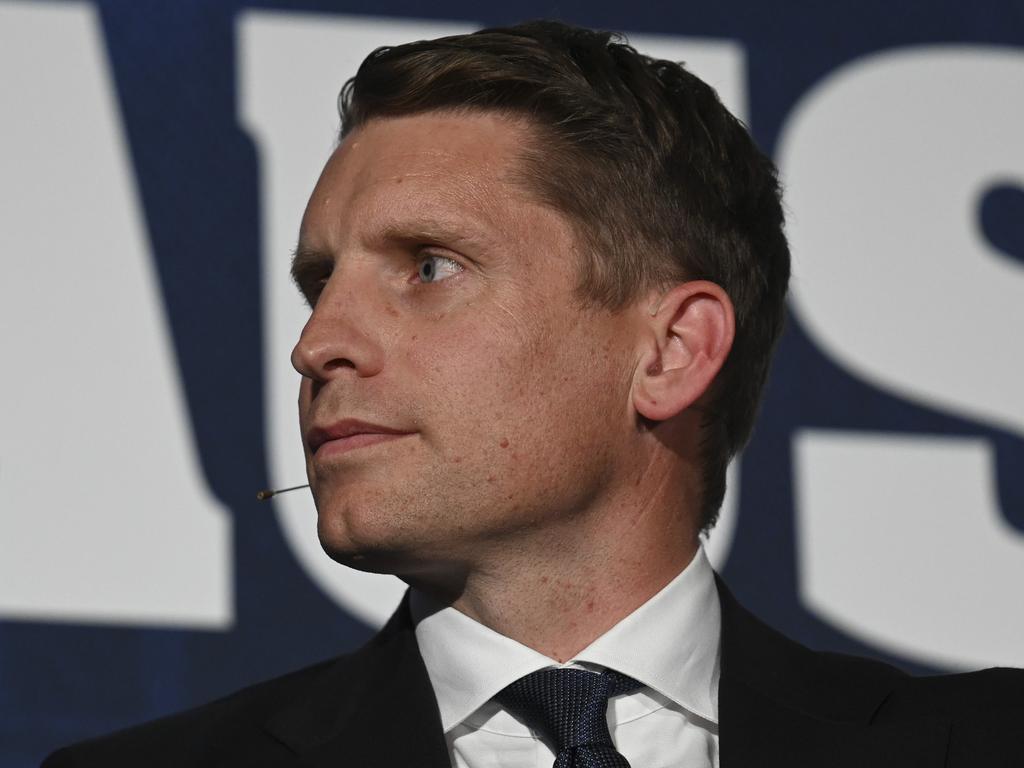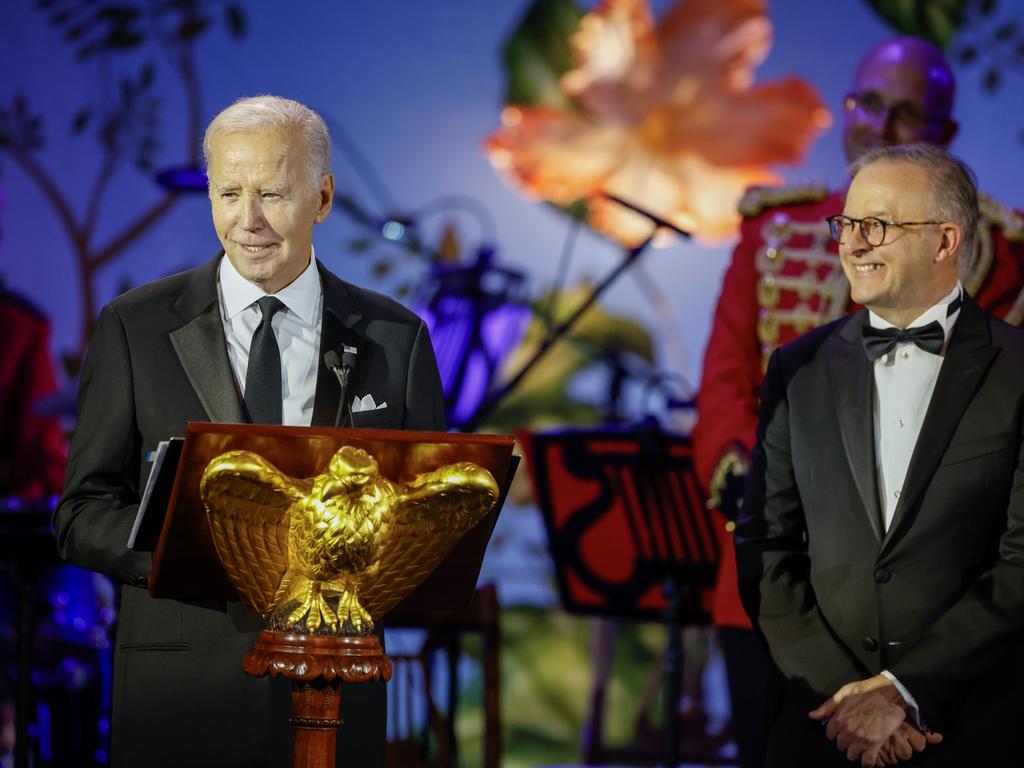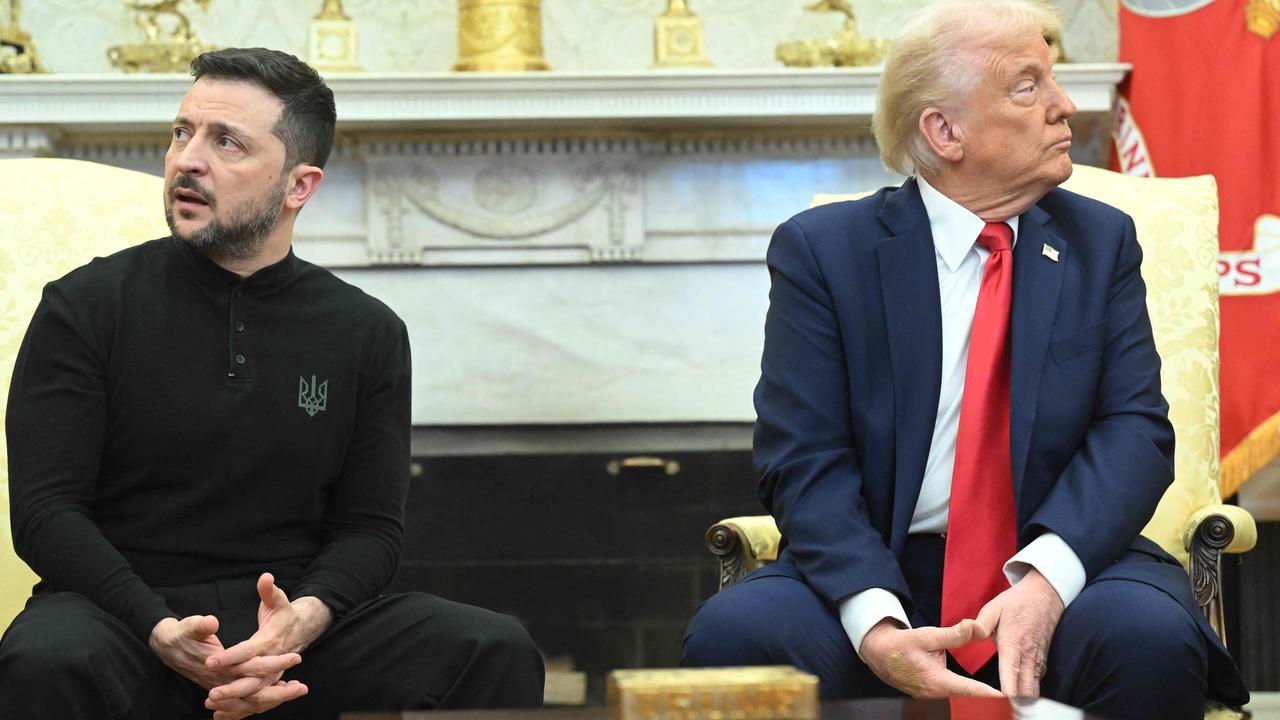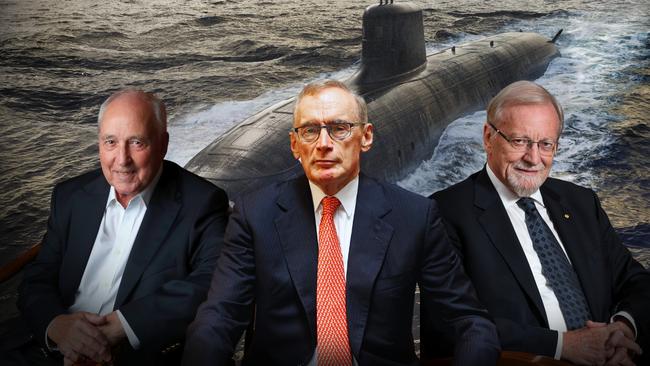
Paul Keating, Bob Carr and I seem to have jangled a few security establishment nerves with our critique of the AUKUS submarine deal as having profound negative implications for Australia’s security and sovereignty.
Our former colleagues and advisers, Kim Beazley, Paul Dibb, Mike Pezzullo and the US Studies Centre’s Peter Dean, were in full war-cry mode in The Weekend Australian (“Blast for Labor elders over AUKUS”, 14-15/9).
They have now been joined by the Australian National University’s John Blaxland (“Australia can’t afford an AUKUS about-face: five things the critics are getting wrong”, The Conversation, 15/9), currently seconded to the Australian embassy in Washington.
Our critique – much of which has either been misrepresented or ignored in these responses – has five basic elements.
One, there is zero certainty of the timely delivery of the eight AUKUS boats. Both the US and UK have explicit opt-out rights. Even in the wholly unlikely event that everything falls smoothly into place, we will be waiting 40 years for the last boat to arrive, posing real capability gap issues.


Two, even acknowledging the superior capability of nuclear-propelled submarines, making large assumptions about their continued detectability advantages, and accepting for the sake of argument the utility of “deterrence at a distance”, how useful will this eight-boat fleet actually be for Australia’s defence? When, given usual operating constraints, only two of them will be deployable across our vast maritime environment at any one time.
Third, even assuming the eye-watering cost of these boats is fiscally manageable, it will make much harder the acquisition of other capabilities – in particular, state-of-the-art missiles, aircraft and drones – arguably even more important than submarines for any kind of self-reliant capacity in meeting an invasion threat, were one ever to arise.
Four, the price now being demanded by the US for giving us access to its nuclear propulsion technology – achieving what is now described as fleet “interchangeability”, not just “interoperability” – has become indefensibly high.
The conversion of Stirling into a major base for a US Indian Ocean fleet will mean Perth now joining Pine Gap and the North West Cape, and probably the B-52 base Tindal, as a potential nuclear target. It is hard to conceive of Australia ever being a target of any kind of Chinese military attack, short of our being sucked into fighting alongside the US in a war not of our making, and manifestly not in our national interest. But that prospect is now very real, given the abdication of Australian sovereign agency inherent in the AUKUS decision as it has evolved.


Five, the purchase price we are now paying, for all its exorbitance, will never be enough to guarantee the absolute protective insurance that supporters of AUKUS think they are buying. ANZUS, it cannot be said too often, does not bind the US to defend Australia, even in the event of existential attack. We can rely on military support if the US sees it in its own national interest to offer it, but not otherwise.
The issue that most troubles me, Keating and Carr in all of this – and which most seems to enrage AUKUS defenders – is what we see as the loss of Australian sovereign independence that’s necessarily involved. Those who deny this is even an issue, such as Dean, or ignore it entirely, such as Blaxland, are simply defying reality. And those who accept the reality of our loss of sovereign agency, but actually applaud it as a price worth paying for our protection – such as Beazley, Dibb and Pezzullo – seem to have lost not only any sense of national pride, but of Australia’s national interest.
Dean makes the risible claim that I and my colleagues are “claiming an elaborate conspiracy theory” in “asking people to ignore the statements of their own government about us having control of these (submarine) capabilities”. Of course our government will insist that it retains control as to how these assets are used, as will always be the case on paper. But the reality, should serious tensions erupt, will be very different.
It defies credibility to think that Washington will ever go ahead with its sale of Virginias to us in the absence of an understanding that they will join the US in any fight in which it chooses to engage anywhere in our region, particularly over Taiwan. Are we all just meant to ignore Kurt Campbell’s indiscreet observation at the time of the AUKUS announcement that “we have them locked in now for the next 40 years”? I have had personal ministerial experience of being a junior allied partner of the US in a hot conflict situation – the first Gulf War in 1991 – and my recollections are not pretty.
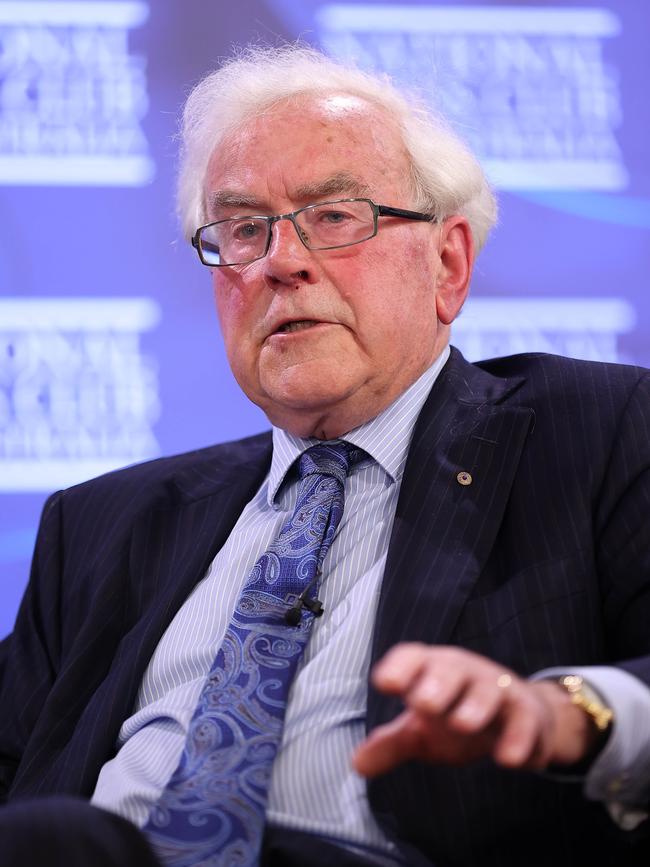
Even more troubling is the uncritical acceptance by Beazley, Dibb and Pezzullo of the loss of sovereign agency, which they acknowledge, with varying degrees of frankness, is necessarily involved in our embrace of the AUKUS submarine project. Pezzullo goes so far as to cheer what he describes as “a ‘pooling of sovereignty’ in the face of a belligerent China”.
All this is not just depressing but sickening for all those Australians who have long nurtured the belief that we are a fiercely independent nation, ever more conscious of the need to engage constructively, creatively and sensitively with our own Indo-Pacific neighbourhood. And a country that had put behind us the “fear of abandonment”, which had been so central to our defence and diplomacy for so much of the last century: recognising, as Paul Keating continues to put it so articulately, that we need to find our security in Asia, not from Asia.
For all practical purposes, our AUKUS commitment may well now be irreversible. But so too is likely to be the judgment that this will prove one of the worst defence and foreign policy decisions Australia has ever made.
Gareth Evans was Australia’s foreign minister from 1988-96. He is a distinguished honorary professor at the ANU.
More Coverage
 The conversion of Stirling into a major base for a US Indian Ocean fleet will mean Perth now joining Pine Gap and the North West Cape
The conversion of Stirling into a major base for a US Indian Ocean fleet will mean Perth now joining Pine Gap and the North West Cape


